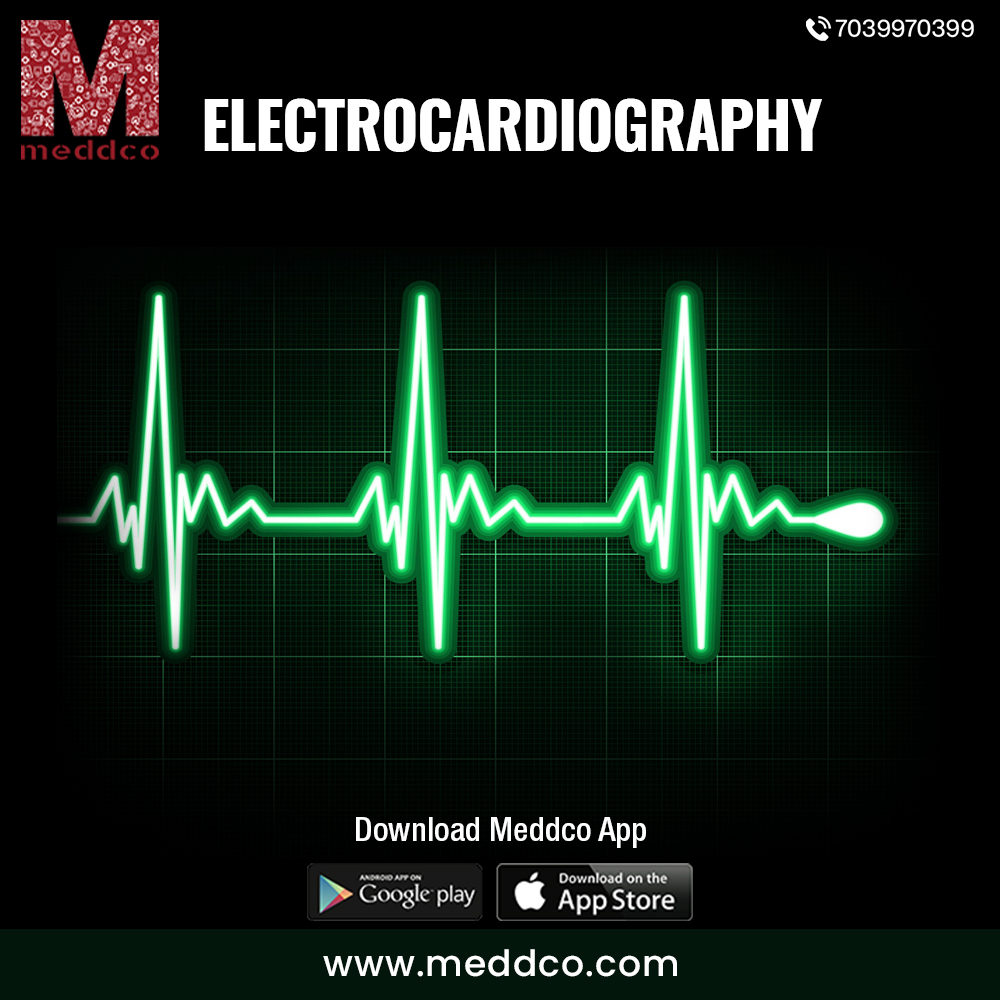

: Admin : 2021-11-08
It is very important that you take care of your heart properly, keep getting it checked. To diagnose heart diseases, it is very important to have an Electrocardiography (ECG test for the heart). Through the Electrocardiography test, you can easily know how healthy your heart is.
What is electrocardiography?
Electrocardiography (ECG) is the technique of employing electrodes put on the skin to record the electrical activity of the heart over time. These electrodes detect tiny electrical changes on the skin that are produced by the heart muscle's electrophysiological pattern by deforming and reproducing during each heartbeat. This is a relatively common cardiology examination.
The purpose for having an ECG test
Usually, doctors recommend an ECG for the following problems related to the heart.
Types of ECG Tests
There are generally three types of ECG tests:-
procedure
ECG is a painless, safe and quick procedure test. To perform an ECG test, 12 to 15 soft electrodes are placed on the chest, arms and legs with the help of a gel. All electrodes are of the same size. These electrodes are connected to an electrical wire and then connected to the ECG machine.
During the test, the patient is placed directly on a table and the ECG machine records the electrical signal of the heart and displays the information through a graph. After the test, the electrodes are removed. This entire process of ECG takes about 10 minutes.
ECG side effects
Generally, there is no harm (side effects) to the body by getting an ECG done.
But the parts of the body where the electrodes are placed can cause swelling and rashes after they are removed.
During a stress test, there is a risk of increased heart rate and heart attack, but this is related to exercise and not ECG.
heart heartproblems heartdiseases ecg heartbeat
Related Articles
No Comments